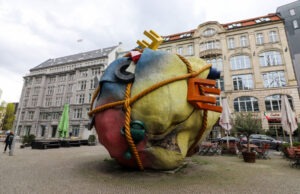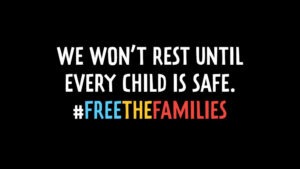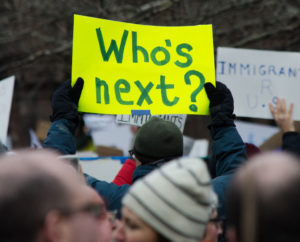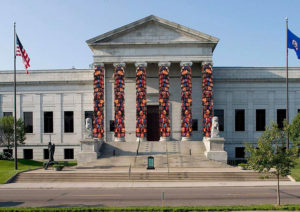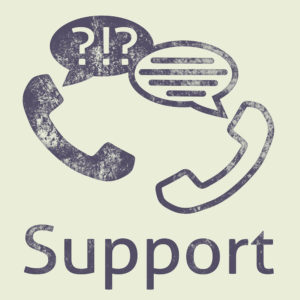August 1, 2016; Upworthy
As NPQ recently noted, “in a report released on June 20, UNHCR stated that over 65 million people in the world are currently refugees or internally displaced persons (IDPs)—more than the entire population of the United Kingdom and surpassing even the number of people displaced by World War II.” Included in that number exists a family from Syria that was lost in Canada but never far from the kindness of strangers.
A refugee family of seven (five children, two in strollers) stood bewildered on a train platform in Toronto Union Station trying to make their way to family members in London, Ontario.
Next began a series of interactions with around 50 Canadian good Samaritans. Valerie Taylor, a psychiatrist at Women’s College Hospital in Toronto, saw the family at Union Station, and a young woman was helping them with directions. They were lost. Taylor recounted her adventure in chaotic Canadian kindness in a Facebook post that’s been shared over 28,000 times.
One of the five children spoke English and explained the family’s predicament to those offering their assistance. People carried the family’s bags and engaged the transit authorities. But the family was accidentally placed on the wrong train.
Once on the wrong train, the family was informed that the train they needed was far more expensive than they had left to purchase new tickets. Fellow travelers sprang into action. People offered to pay for the tickets. One bystander was on his smartphone, talking to a friend who spoke Arabic. Suddenly, a transit worker appeared, listened to the family’s story, and then arranged for a charter bus to take the family to their destination, free of charge.
For Valerie Taylor and the others engaged in the effort to make sure that this Syrian family would be okay, the story did not end as they waved goodbye to the family safely departing the train station in their bus. Social-media channels lit up with the story. Canadians and many others beyond shared in the joy of what community looks like and accomplishes.
Sign up for our free newsletters
Subscribe to NPQ's newsletters to have our top stories delivered directly to your inbox.
By signing up, you agree to our privacy policy and terms of use, and to receive messages from NPQ and our partners.
As Taylor describes it in her Facebook post: “It was almost overwhelming, the way people wanted to help. It has been one of the most moving experiences.” And, as she told Buzzfeed in a later interview, “No one had to be asked to help, no one had to think about the right thing to do. This is what you do.”
There is policy, and then there is the common decency and compassion of average people who spontaneously give humanity a chance to flourish. Some 4.8 million Syrian refugees have fled their country since 2011. Canada has resettled more than 29,000 of those refugees since November 2015. And on this day in July, in Toronto Union Station, seven Syrians experienced the unconditional support of complete strangers.
Compare this reception of Syrian refugees in Canada to what is happening in many other host countries. Foreign Policy recently reported that in neighboring Lebanon there has been a rash of suicide attempts among young refugees. According to a United Nations Population Fund (UNFPA) study, 41 percent of Syrian youths in Lebanon say that they have had suicidal urges. Precise statistics on suicide attempts and completions are impossible to attain because such actions are hidden by the families.
Khowla, who has no access to schooling or psychological services, says she doesn’t want to have a future at all under these conditions. Asked if she intends to attempt suicide again, she is matter-of-fact. “In Syria, we were living a poor life, but at least it was a life,” she says. Her brown eyes are empty, haunted—the eyes of an exhausted old woman, not a 12-year-old girl. “We had our pride and dignity. We came here, and we have nothing. If the situation doesn’t change and our lives stay like this, we should all kill ourselves.”
In a world roiling in untold and incalculable agonies, this Syrian family in Canada was rescued by both a country and then by its people in the form of 50 strangers springing into action as soon as they recognized the family’s distress.
Civil society is far more than fully built organizations and as Meg Wheatley once wrote: “This is a world that knows how to organize itself without command and control or charisma. Everywhere, life self-organizes as networks of relationships. When individuals discover a common interest or passion, they organize themselves and figure out how to make things happen. Self-organizing evokes creativity and leads to results, creating strong, adaptive systems. Surprising new strengths and capacities emerge.”
This is where our future lies.—James Schaffer



